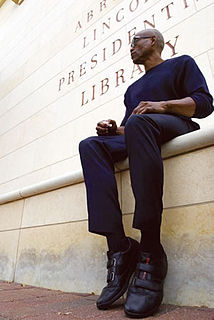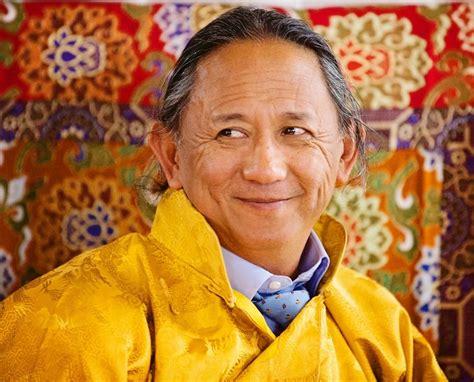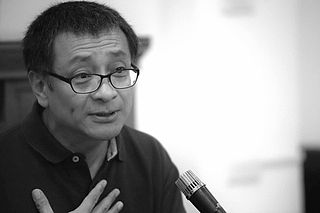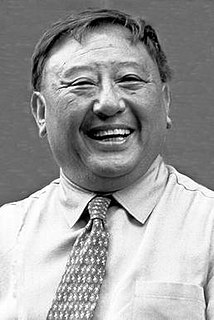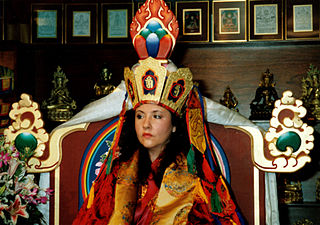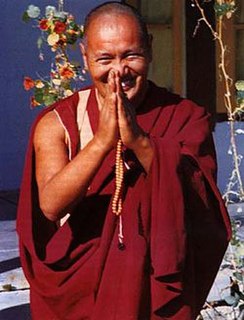A Quote by Tarthang Tulku
Dreams are a reservoir of knowledge and experience
Quote Topics
Related Quotes
There comes a point in every story where you have got a reservoir of knowledge, and you are then really just adding the substantial new facts to your understanding of it. That is the easiest situation, because you can call on that reservoir, but when you get a sudden story out of nowhere, like ebola, you don't have a reservoir of knowledge.
Dreams are a reservoir of knowledge and experience yet they are often overlooked as a vehicle for exploring reality. In the dream state our bodies are at rest, yet we see and hear, move about and are even able to learn. When we make good use of the dream state it is almost as if our lives were doubled: instead of a hundred years we live to be two hundred -- Tibetan Buddhist Tarthang Tulku from
The body is a reservoir of all sorts of tensions and dark forces. And it's also the potential source of amazing energy. This thing wants to live. It is a powerful engine. The brain (is) a reservoir of images, dreams, fears, associations, language. And its potential we can't even begin to understand. Movement begins to negotiate the distance between the brain and the body and it can be surprising what we learn about each other.
[Walt] Whitman and [humanist educator John] Dewey tried to substitute hope for knowledge. They wanted to put shared utopian dreams - dreams of an ideally decent and civilized society - in the place of knowledge of God's Will, Moral Law, the Laws of History, or the Facts of Science.... As long as we have a functioning political left, we still have a chance to achieve our country, to make it the country of Whitman's and Dewey's dreams.
The Tibetan religion has a past. And furthermore it has such an appeal. There again young people today are drawn to Buddhism and to Tibet. It's not only because of the Dalai Lama. It's because of what Tibet represents. There is a vast reservoir of knowledge, of mystical knowledge, which can be found in Tibet.The Chinese shouldn't be afraid of that really. They have other means of survival.




